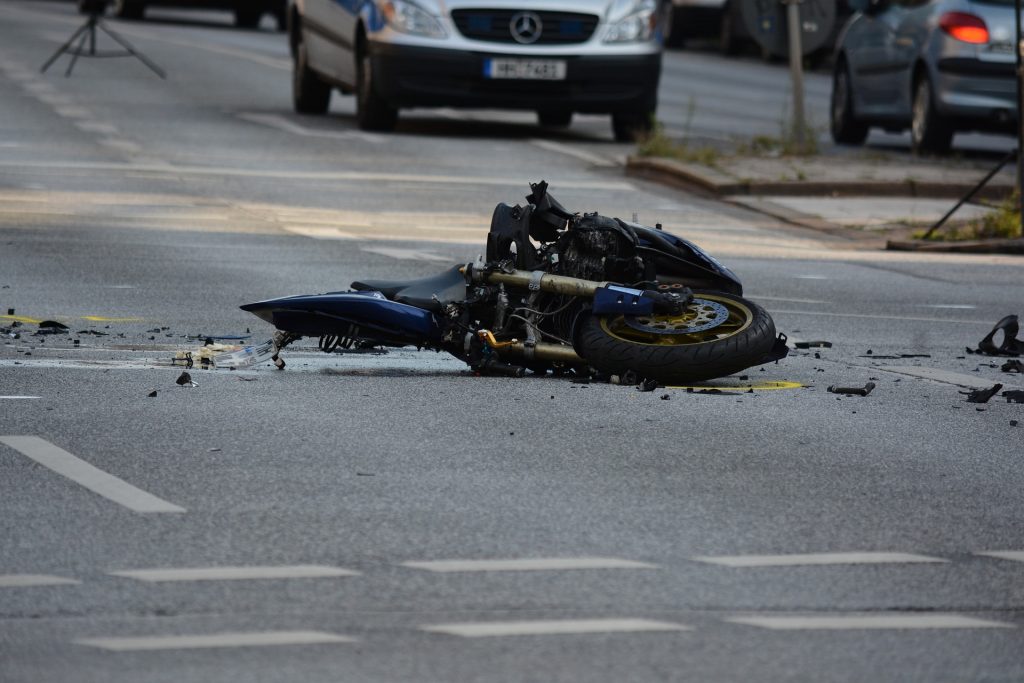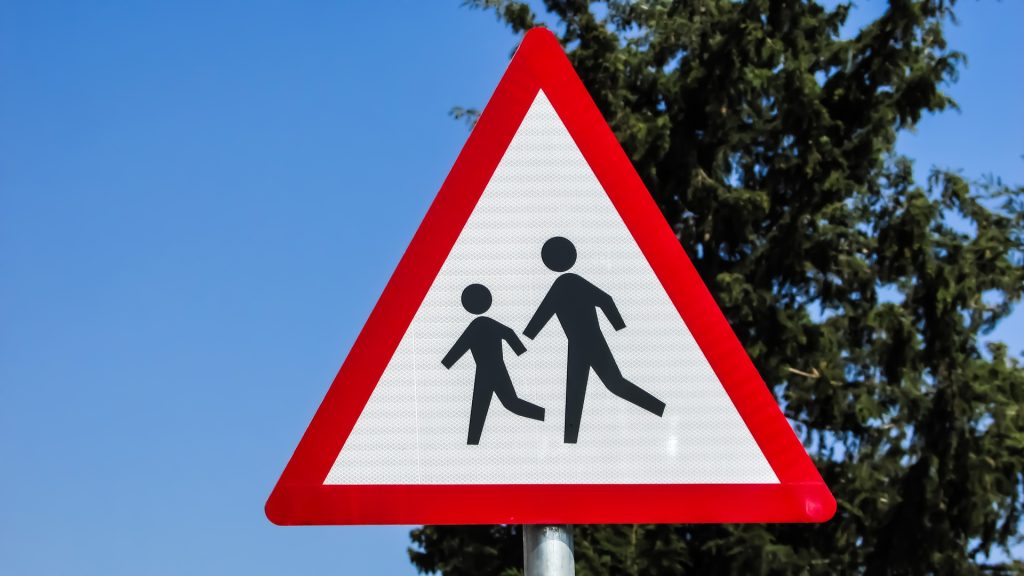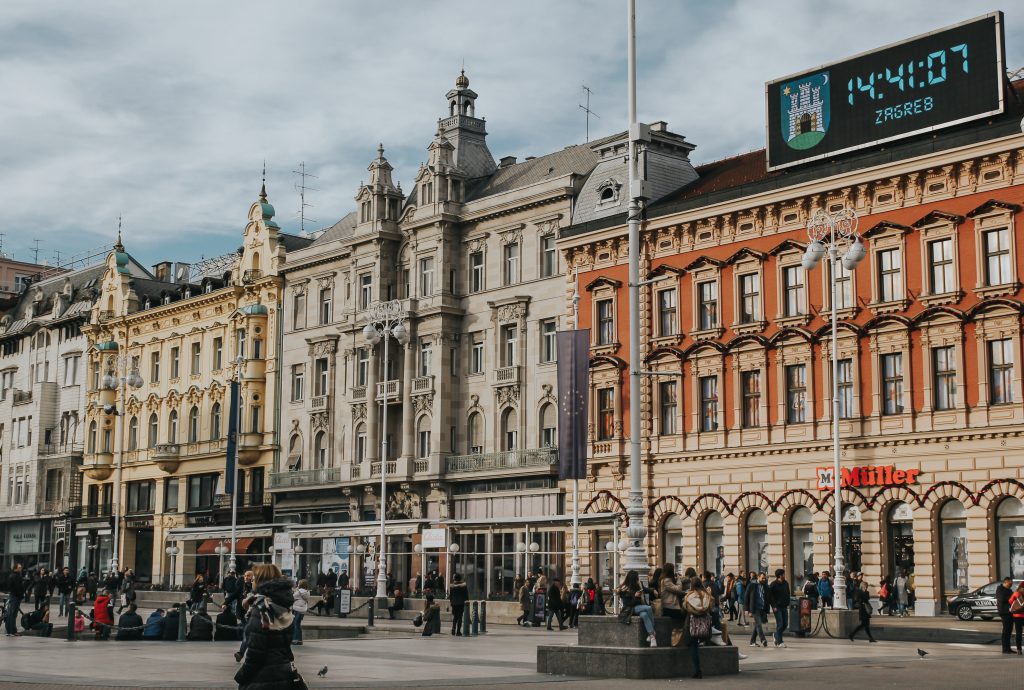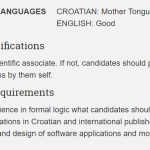September the 29th, 2023 – Two Zagreb educational institutions – more specifically the Faculty of Electrical Engineering and Computing (FER) and the Faculty of Transport and Traffic Sciences – are part of an important international project which discusses the ever-controversial issue of AI.
As Poslovni Dnevnik/Josipa Ban writes, a lot is continuously written about the positives and the (often overwhelming) negatives surrounding artificial intelligence. This goes from disparaging articles on ChatGPT to various analyses about which jobs ”could be taken over by artificial intelligence” in the future, rendering humans quite useless. Less talked about, however, are the areas where artificial intelligence is having an extremely positive impact and is already helping in ways that were impossible to imagine just a few years ago, let alone decades. One of these areas is traffic and road safety.
Traffic accidents are the leading cause of death for young people and children globally

Traffic accidents are the leading cause of death among children and young people worldwide. The statistics are devastating – over a hundred thousand people die or sustain serious, typically life altering injuries in traffic accidents every single day. That’s why one of the sustainable development goals of the United Nations (UN) is to halve the number of deaths and injuries on the roads by the year 2030 – an ambitious task indeed.
In order to reduce the number of traffic accidents taking place, it’s first necessary to know where and how to act – first, we need to determine which roads are more dangerous, which parts of them pose the most risk, and at what time of day. Special attention needs to be paid to the roads around kindergartens and schools.
The International Road Assessment Programme (iRAP) is dedicated to saving lives by eliminating high-risk roads around the world and has developed a rating system for road safety labels. On a road rated with 1 star, the probability of a traffic accident is approximately 20 times higher than on a road with 5 stars. It is precisely this iRAP metric for evaluating road safety that is also used by the UN and its member states to achieve the goal of reducing the number of traffic accidents each year.
A two million USD price tag…

The importance of this topic has also been clearly indicated by the fact that in September of this year, Google’s philanthropic subsidiary Google.org accepted funding for a project proposal that would enable children to travel to school more safely. The leader of the international consortium is the organisation iRAP, and the total funding amounts to two million US dollars. Using artificial intelligence, satellite imagery and Google Street View to detect road safety risks, the iRAP organisation will assess road infrastructure around schools for the entire country of Vietnam and support upgrades to those roads which pose the highest risk.
Zagreb educational institutions are involved

“What’s particularly positive about this story and what we can be particularly proud of is that two Zagreb educational institutions are participating in this world-renowned project,” it was stated from FER.
“Traffic accidents are the leading cause of death among the working population. Every year, more than a million people die on the road. Unfortunately, a particularly big social problem is the mortality of the youngest among us. Every day around 500 children die on their way to school. Over in Vietnam, traffic accidents cause about 50% of adolescent deaths. For many years, the iRAP organisation has been developing a methodology that makes it possible to identify the most dangerous road segments in the traffic network. Our research will make that methodology more accessible by applying artificial intelligence methods to the process. The importance of the problem and the quality of our proposal included us among the fifteen projects that will be financed under the Google AI for Global Goals programme. Our project is a global undertaking in which, in addition to iRAP, FER and FPZ, the company Anditi from Australia and the Asian Injury Prevention Foundation (AIPF) also participate,” pointed out Professor Siniša Šegvić from FER.
Of the involved Zagreb education institutions, FER has otherwise been cooperating with iRAP since back in 2019, and the most important goal of that cooperation is to recognise the safety attributes of roads from images and videos. Marin Kačan will work on this research project through his doctoral dissertation. The main research question is whether and to what extent we can use computer vision methods to recognise road attributes that determine the safety of road users at any given time. Achieving the UN’s goal of increasing road safety by increasing the number of 3-star roads by 2030 will, if current estimates are to be believed, save as many as 450,000 lives each and every year.
It’s more than commendable that Croatian researchers are the ones contributing to this praiseworthy common goal and that the quality and knowledge of Zagreb education institutions is so well recognised around the world.










